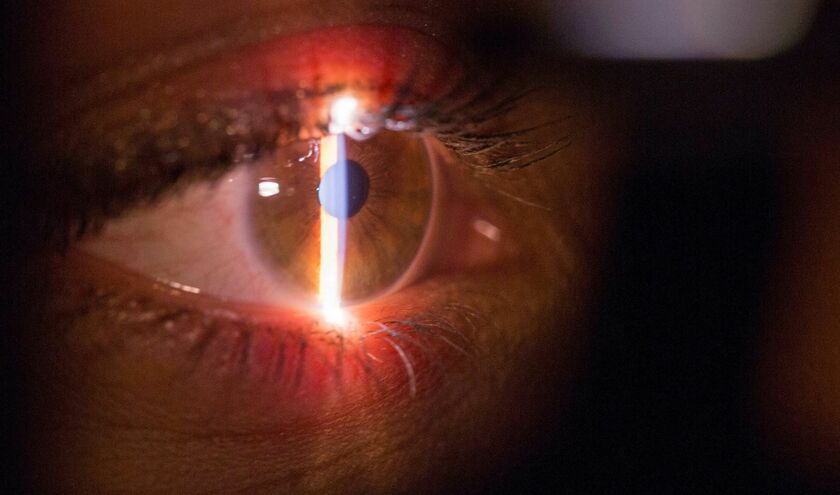The optical coherence tomography (OCT) scans mean people with diabetes can receive advanced screening outside a traditional hospital setting, such as some larger GP practices, community hospitals or mobile vans across the country.
Steve Russell, NHS national director for vaccinations and screening, said: ‘This technology will help us find and treat diabetic eye conditions early, helping minimise and prevent sight loss, and it also means that thousands of appointments in traditional hospital settings could be saved, which is great news for the NHS.'
The move comes as part of an NHS England drive to boost productivity and provide the best patient care while driving maximum value for taxpayer, with figures showing new initiatives have helped save £2bn in the first five months of this financial year to be reinvested for patients.
Around 4m people are currently registered with the NHS Diabetic Eye Screening Programme, and 3.3m have routine digital screening every one or two years. Previously under a third of services were offering OCT, and not equitably in all parts of the country. NHS staff are now being trained in OCT screening, and all eye care services are expected to be using the technology by next October.
Ophthalmology is one of the busiest outpatient specialities in secondary care and makes up almost 10% of the entire waiting list, with more than 500,000 ophthalmology operations every year and more than 7.5m outpatient appointments.



